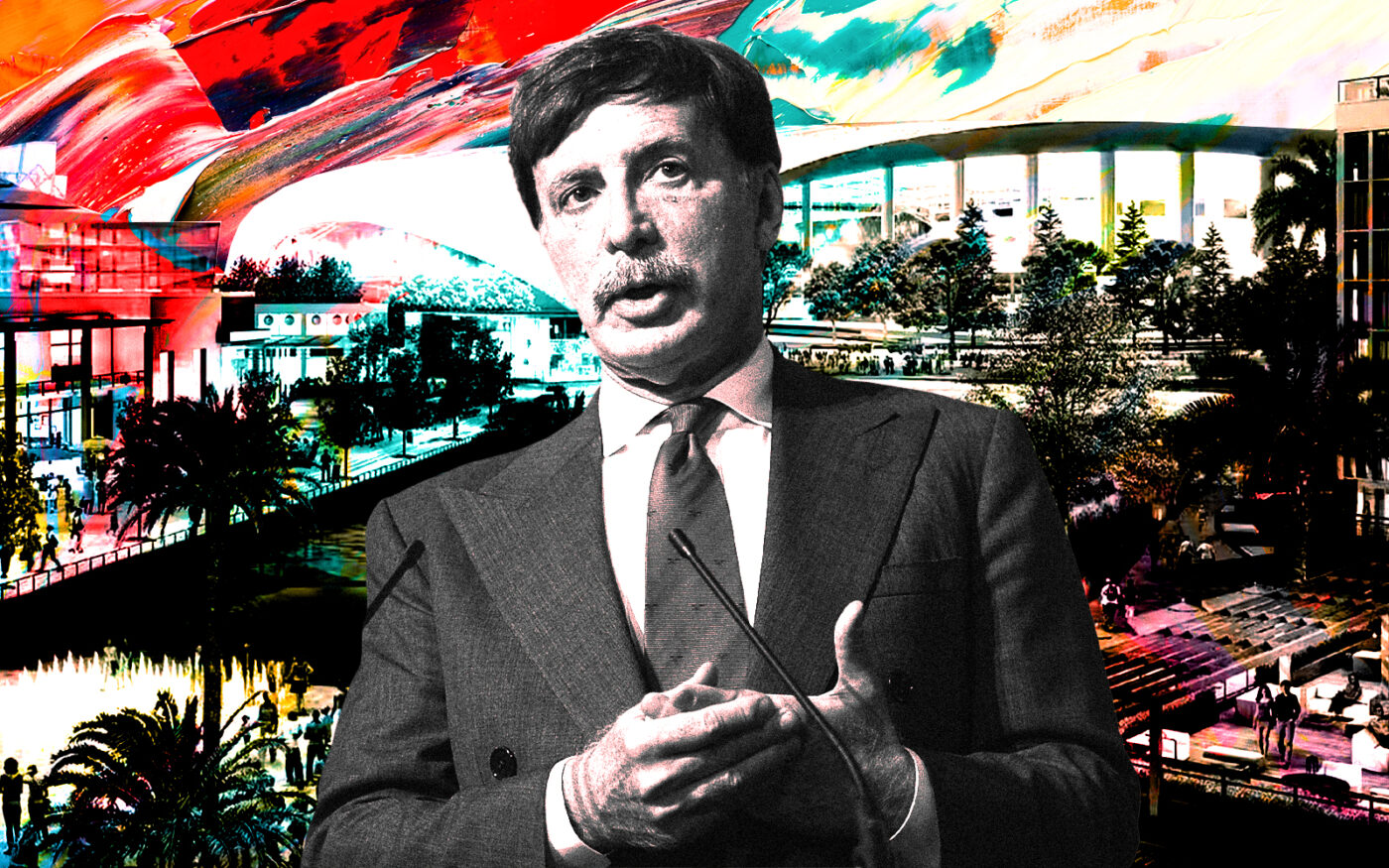Trending
Game changer: Pro sports owners became now city planners
Developments around stadiums like Stan Kroenke’s SoFi Stadium are the new norm

Team owner and real estate billionaire Stan Kroenke changed the game by building a cutting-edge $5 billion stadium and surrounding development near Los Angeles International Airport to relocate the St. Louis Rams.
Sports franchises engaging in real estate projects has become more prevalent, driven by the need to boost revenues amid escalating costs. Teams are no longer solely focused on constructing stadiums with high-end facilities to attract corporate clientele and major events.
Instead, they aim to influence daily spending in the areas surrounding their venues, effectively turning sports team owners into influential city planners.
The 298-acre Hollywood Park site, in addition to the Kroenke-owned Rams’ SoFi Stadium, includes an artificial lake, a 6,000-seat theater, and space for offices, hotels, shops, restaurants, and apartments, the Guardian reported.
The shift toward mixed-use developments — where people can live, work, shop, and play — is exemplified by projects such as Ballpark Village around Busch Stadium, started by baseball’s St. Louis Cardinals a decade ago.
Other MLB teams like the Atlanta Braves and Texas Rangers have followed suit, emphasizing the desire to control economic activity in their vicinity.
Even the NFL’s Green Bay Packers have embraced this model with the opening of Titletown next to Lambeau Field in 2017. And Kroenke’s Hollywood Park site, financed privately, aligns with the growing trend of sports owners revitalizing neighborhoods. By incorporating public green spaces and diverse amenities, these projects become more acceptable to municipal leaders and voters, mitigating concerns about providing subsidies to billionaires.
The phenomenon extends across the NFL and MLB, with the New York Mets’ owner, Steve Cohen, seeking approval for an $8 billion sports and entertainment park centered around Citi Field. The Jacksonville Jaguars propose a $2 billion stadium and mixed-use development, emphasizing the potential for downtown revitalization.
However, challenges exist, as seen in the failed negotiations for a new Oakland A’s ballpark in a $12 billion waterfront project.
In contrast, successful ventures like Patriot Place, initiated by New England Patriots owner Robert Kraft, underscore the financial benefits of creating entertainment districts that operate year-round.
The entertainment district framework is proving superior to the traditional stadium surrounded by parking lots, generating revenue beyond sporadic game days. As sports owners increasingly venture into real estate, their influence on local economies becomes more pronounced, shaping the urban landscape and contributing to the ongoing transformation of the sports business.
“This is what we do,” Kroenke told fellow NFL owners when he was pitching SoFi nearly a decade ago.
— Ted Glanzer




